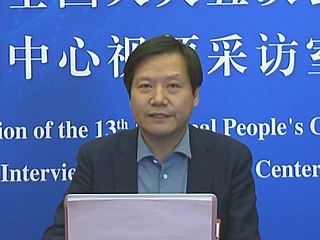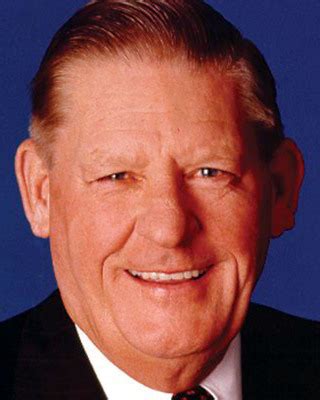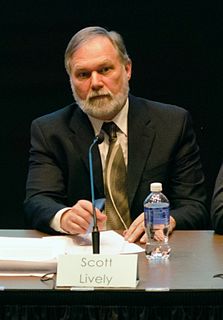A Quote by Mark Zuckerberg
It's a juicy thing to say we're building a phone, which is why people want to write about it. But it's so clearly the wrong strategy for us.
Related Quotes
There are reviews that are clearly wrong. Dr. Johnson's famous Life of Savage, he's clearly wrong about the value of Savage. But it's one of the great works in English literature. You can learn more about the artistic expression and what the poet does and how to write about art from that than any number of guys who are terrible writers, who have no original ideas, but who say yes, "Hamlet" is a wonderful play. It's a meaningless statement.
why can't we love the right people? what is so wrong with us that we rush into situations to which we are manifestly unsuited, which will hurt us and others? why are we given emotions which we cannot control and which move in exact contradiction to what we really want? we are walking conflicts, internal battles on legs.
Most of the fans have ideas about their perfect phone. But many of them can't do it because building a phone is tough. So they would give us feedback about the features that they think should be included in our next model. And if we incorporated that in our new phone, they will share the good news with their friends.
Whether or not belive in Fate comes down to one thing: who you blame when something goes wrong. Do you think it's your fault - that if you'd tried better, worked harder, it wouldn't have happened? Or do you just chalk it up to circumstance? I know poeple who'll hear about the people who died, and will say that it was God's will. I know people who'll say it was bad luck. And then there's my personal favorite: They were just in the wrong place at hte wrong time. Then again, you could say the same thing about me, couldn't you?
I don't think there's a right or wrong things in your style. It's about how you clearly reflect who you are; how you more clearly tell the story. Who are you? How do you want to transmit that to the world, and how do you more clearly say that? Then I have a philosophy, FFPS: fit, fabric, proportion, and silhouette. Proportion's everything, really, knowing your body and understanding that. Those things have been really crucial for me. It's about being clear about the story you want to tell to the world about who you are - and maybe a little bit of FFPS.
And then afterwards I worked in advertising for a year which taught me about writing even when you don't want to (laughter) because there's never a moment that you want to write about an Erickson cell phone but you have to. And that's really important you know obviously for the...like if you really want to write, you have to write every day no matter how you feel or you know. And then, yeah, and then I ended up working in TV and then from TV into movies and then directing, so.
People are so intimidated by the gay movement that nobody will say why...they won't say why they don't want gay marriage...they don't dare to say because homosexuality is wrong, it's harmful for society, it's abnormal, it's unnatural, the people who are doing it can overcome it and should overcome it
The thing that has always baffled me about people's perception of my writing is the sense that I'm a very controversial, opinionated, polarizing person. I feel like I write about things that I'm interested in, and I describe why they're interesting to me. I could be negative, I guess. It's far easier to write why something is terrible than why it's good.




































